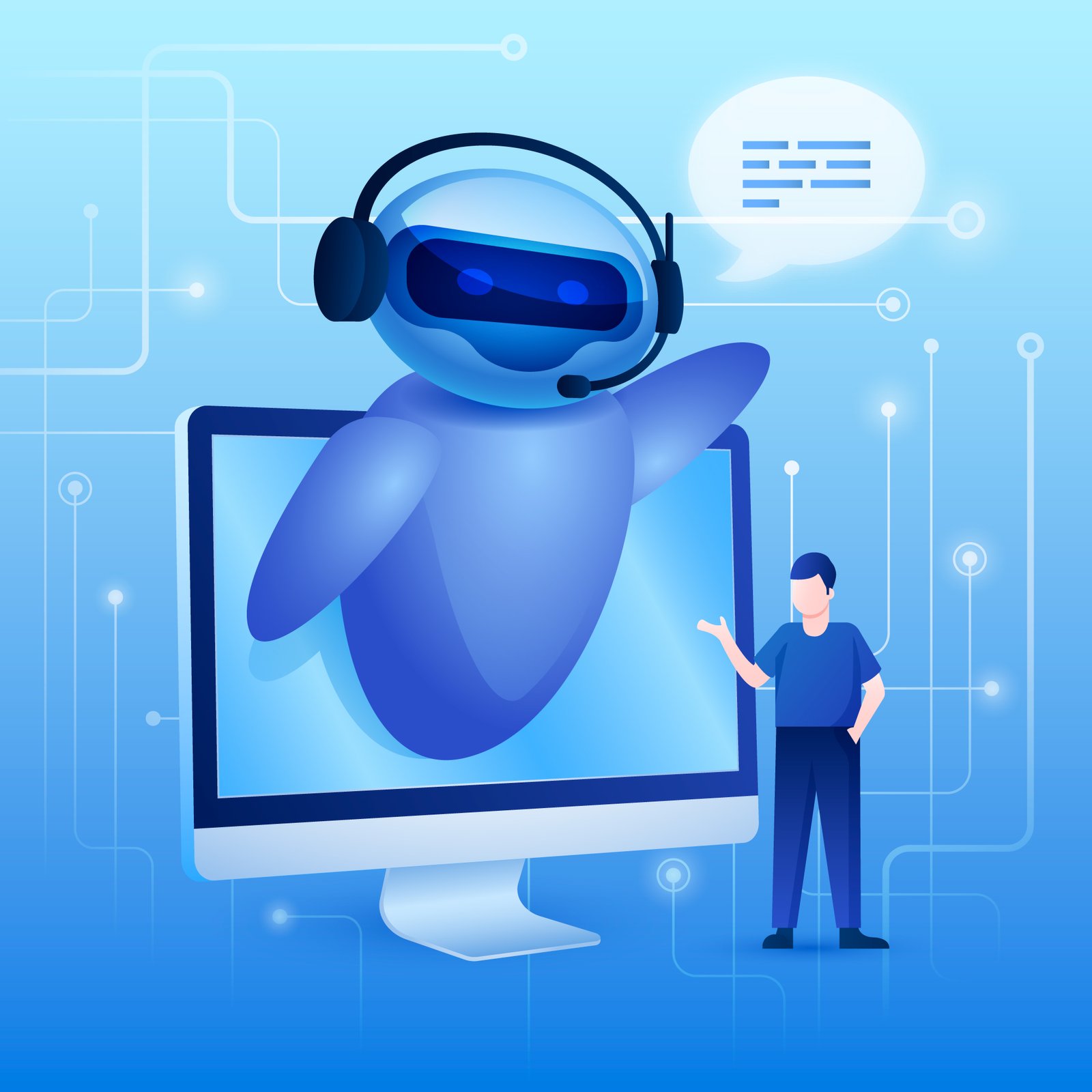In today’s digital-first world, customer expectations have evolved. They demand quick, personalized, and accurate support across multiple channels. To meet these demands, businesses are turning to the AI contact center—a powerful fusion of artificial intelligence and customer service. Unlike traditional call centers, AI-driven contact centers offer automation, intelligent routing, predictive analytics, and conversational AI to deliver seamless and efficient interactions.
In this blog, we’ll explore how AI contact centers are reshaping the customer service landscape and why organizations across industries are adopting them to drive operational excellence and customer satisfaction.
What Is an AI Contact Center?
An AI contact center is a cloud-based or on-premise customer service platform that integrates artificial intelligence technologies—such as natural language processing (NLP), machine learning (ML), and speech recognition—into contact center operations. These solutions support human agents or automate interactions through chatbots, virtual assistants, and intelligent voice response systems.
Unlike conventional setups, an AI contact center doesn’t just handle customer queries. It learns from every interaction, improves continuously, and predicts customer needs, enabling smarter service delivery.
Key Features of an AI Contact Center
Here are some defining features that distinguish an AI-powered contact center from traditional models:
1. AI-Powered Chatbots and Voice Assistants
These tools provide 24/7 customer support, resolve common queries without human intervention, and escalate complex issues to live agents when needed. They understand natural language, learn from interactions, and deliver contextual responses.
2. Sentiment Analysis
AI can analyze customer tone, language, and mood during live interactions to determine satisfaction levels and provide real-time feedback or escalation alerts to supervisors.
3. Intelligent Call Routing
AI contact centers use machine learning algorithms to direct customer calls to the most suitable agent based on language, intent, or issue complexity—ensuring faster and more accurate resolutions.
4. Predictive Analytics
By analyzing historical and real-time data, AI can forecast call volumes, customer behavior, or agent performance, enabling better workforce planning and resource allocation.
5. Automated Quality Monitoring
AI can transcribe, evaluate, and score calls, emails, or chats, ensuring consistent service quality and identifying coaching opportunities for agents.
Benefits of AI Contact Centers for Businesses
The adoption of AI contact centers brings significant operational and strategic advantages:
1. Reduced Operational Costs
Automating routine tasks and optimizing agent workflows reduces the need for large support teams while improving overall productivity.
2. Enhanced Customer Experience
Faster response times, accurate answers, and personalized interactions result in happier, more loyal customers.
3. Scalability and Flexibility
AI contact centers easily scale to handle increased query volumes during peak seasons without the need for additional staff.
4. Improved Agent Performance
Agents can focus on high-value tasks while AI handles repetitive or low-complexity interactions. Real-time assistance and AI-generated insights also help agents respond more effectively.
5. Data-Driven Insights
AI provides detailed analytics on customer trends, feedback, and service efficiency, supporting better decision-making and continuous improvement.
Real-World Use Cases of AI Contact Centers
Retail & E-commerce
AI chatbots assist customers in tracking orders, processing returns, and recommending products based on browsing behavior—improving both service and sales.
Banking & Finance
Virtual assistants guide users through transactions, answer FAQs, and identify potential fraud through behavioral analysis.
Healthcare
AI contact centers handle appointment scheduling, send medication reminders, and answer common health-related inquiries with high accuracy and sensitivity.
Telecommunications
AI helps manage high volumes of service requests, technical support tickets, and billing inquiries—ensuring high customer satisfaction.
Human-AI Collaboration: Augmenting, Not Replacing
A common misconception is that AI contact centers aim to replace human agents. In reality, they complement them. While AI manages repetitive tasks, live agents handle emotional, complex, or high-stakes interactions. This collaboration boosts agent morale and improves the quality of support.
Future Outlook of AI Contact Centers
As AI technologies continue to evolve, future contact centers will be more autonomous, predictive, and proactive. Integrations with tools like generative AI, emotion recognition, and real-time language translation will create even richer customer experiences. Businesses that embrace these innovations early will gain a competitive edge in customer engagement and operational resilience.
Conclusion
The AI contact center is no longer a futuristic concept—it’s a strategic necessity for customer-centric organizations. By combining the power of artificial intelligence with the empathy of human agents, businesses can deliver faster, smarter, and more personalized support. In a landscape where every customer interaction matters, adopting AI contact center solutions can be the key to sustained growth and customer loyalty.
Whether you’re a growing startup or an enterprise-scale company, integrating AI into your contact center operations can dramatically enhance service quality while optimizing costs. The future of customer experience is here—and it’s powered by AI.


